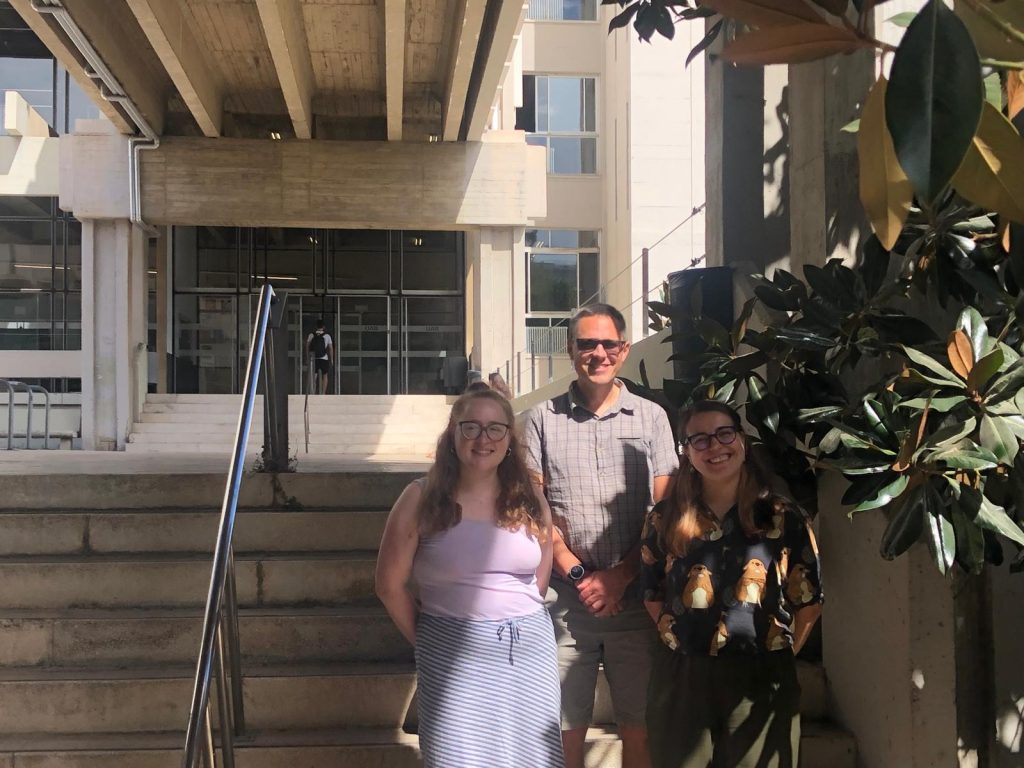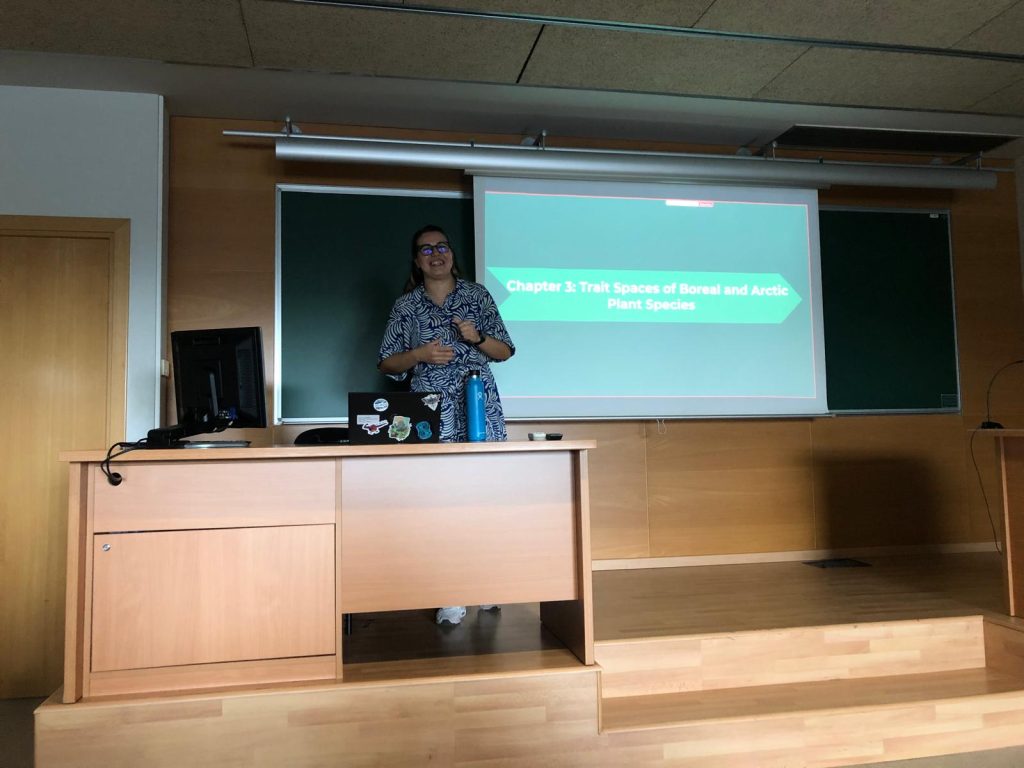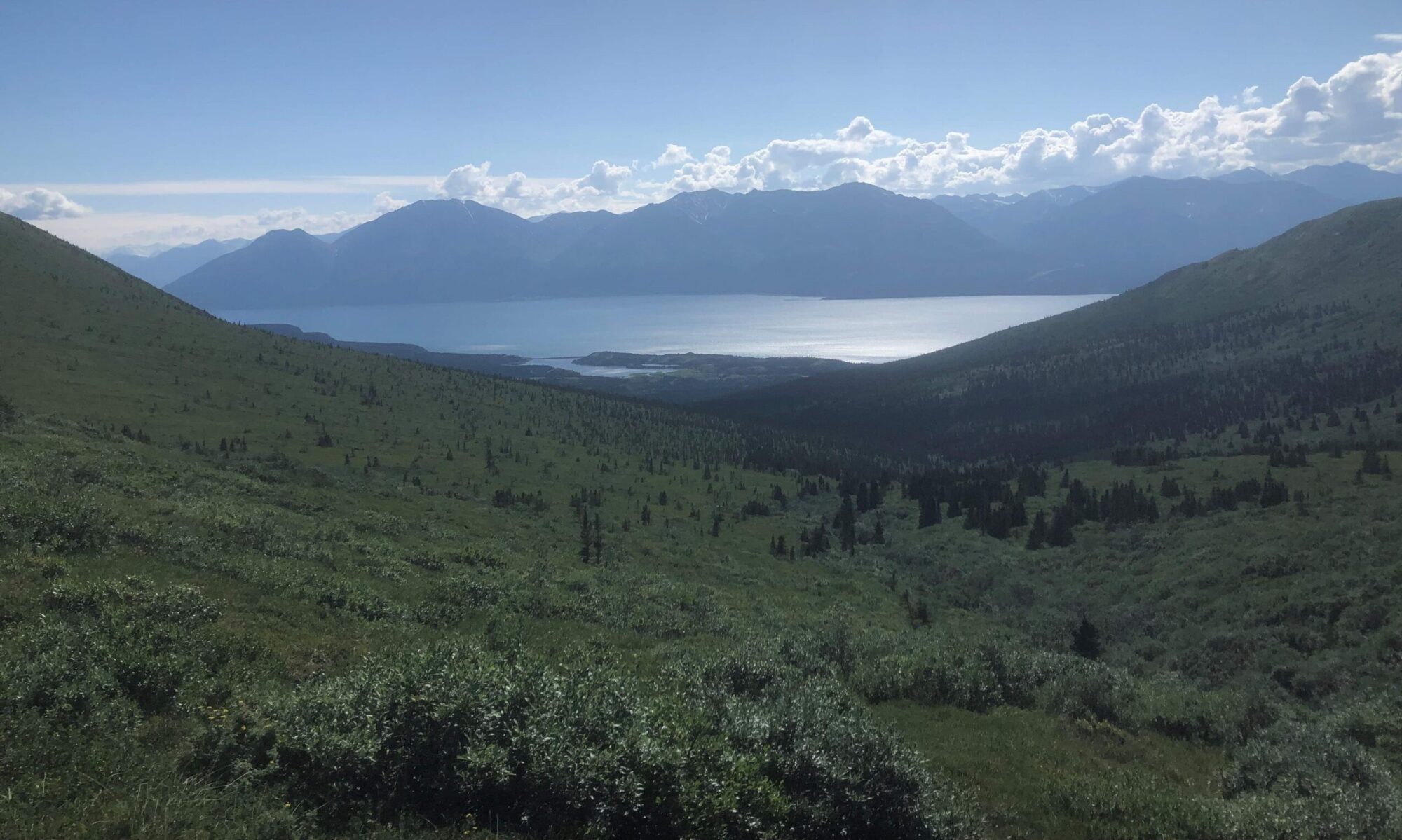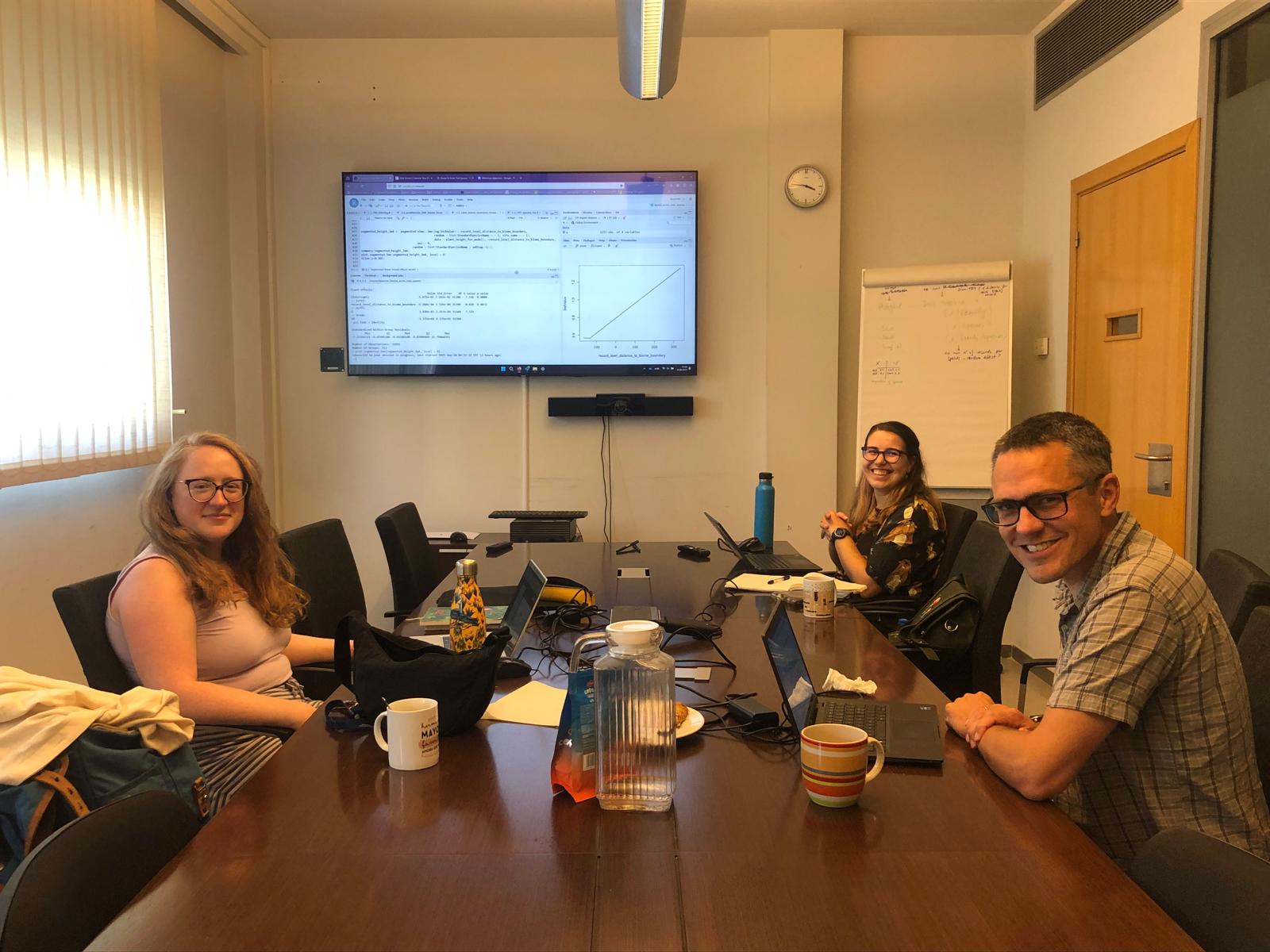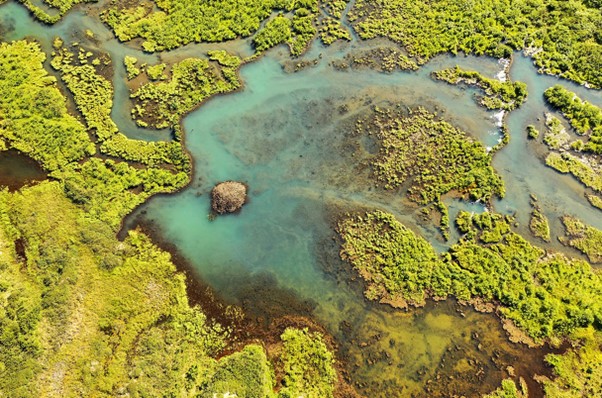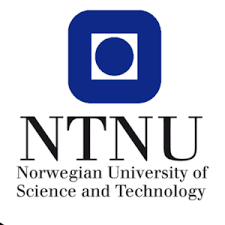Deadline: August 31, 2025
The NTNU University Museum is looking for an energetic and ambitious ecologist with excellent organizational and communication skills. The postdoctoral position is part of the Nordic Borealization Network, a NordForsk funded University Cooperation Network.
The Nordic Borealization Network strives to understand the implications of ongoing shifts in the forest-tundra biome boundary, that is, the borealization of Nordic terrestrial ecosystems. These shifts include the encroachment of woody species (treeline advance and shrub expansion), spread of non-native species, and changes in the biotic community composition and ecosystem structure and processes.
The postdoc will have a leading role in coordinating the network and will lead research and synthesis efforts in quantifying past and ongoing rates of borealization and possibly predicting future rates of borealization.
The successful candidate will build leadership expertise by being part of the management board of a large Nordic cooperation project. The position will provide a unique opportunity to be part of a large, active and multidisciplinary international team, participation in project meetings in different countries over the course of the project and opportunities for research visits with other partners and for student supervision.
This three-year position is based at the NTNU University Museum in Trondheim with Prof. James D. M. Speed and will interact with partners across the network.
You can read more about the position and how to apply here. If you have questions, please contact James Speed.
